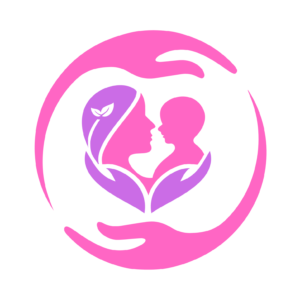Chia seeds may help lower blood pressure during pregnancy due to their rich content of omega-3 fatty acids, fiber, magnesium, and antioxidants. These nutrients support cardiovascular health and reduce the risk of complications like preeclampsia and gestational hypertension when consumed in moderation as part of a balanced maternal diet.
Support for Blood Pressure Regulation
- Chia seeds provide alpha-linolenic acid (a plant-based omega-3) and minerals such as magnesium and potassium, which help maintain healthy blood pressure levels and reduce inflammation.
- The fiber content contributes to better vessel flexibility and heart health, further supporting normal blood pressure during pregnancy.
- Some studies show that chia seed supplementation can modestly reduce both systolic and diastolic blood pressure in adults, including pregnant women.
Pregnancy-Specific Benefits and Precautions
- Chia seeds may offer protection against preeclampsia, a serious condition involving high blood pressure during pregnancy, due to their anti-inflammatory and heart-protective properties.
- Dietitians recommend 1–2 tablespoons of chia seeds daily for pregnant women and stress the importance of soaking seeds and drinking plenty of fluids to prevent digestive discomfort.
- Excessive intake can occasionally lower blood pressure too much (risk for hypotension), so moderation and consultation with a healthcare provider are advised, especially for those with low baseline blood pressure or on blood pressure medications.
Summary Table: Chia Seeds & Blood Pressure in Pregnancy
| Aspect | Details |
| Main nutrients for BP | Omega-3, fiber, magnesium, potassium |
| BP impact | Modest reduction in systolic/diastolic pressure |
| Pregnancy benefits | May reduce preeclampsia risk, supports heart health |
| Recommended intake | 1–2 tbsp daily, soaked, with fluids |
| Safety tips | Avoid excess, consult doctor if hypotensive |
Chia seeds are a safe and beneficial choice for pregnant women seeking to support healthy blood pressure, provided they are eaten in recommended amounts as part of a balanced pregnancy diet, and with medical guidance if there is any concern about low blood pressure or medication interactions.
